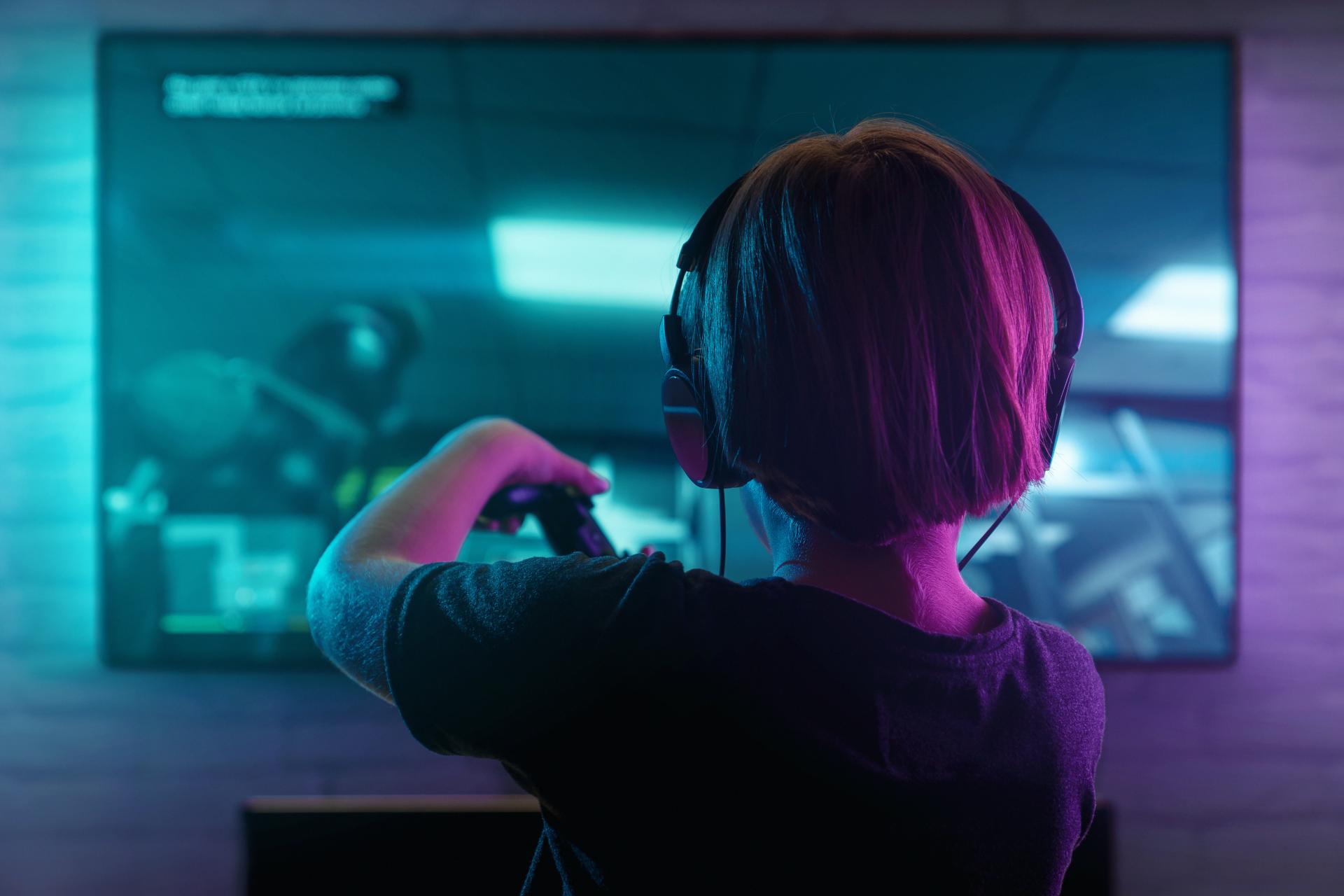Why does gaming’s omission from the Online Safety Bill matter?
The Online Safety Bill has the potential to make a huge difference to how we all access the internet. But one important part of online life – and something which is likely to be a daily experience for many families – has been excluded from the current draft Bill: online gaming.
The Bill aims to make the UK the safest place in the world to go online. But without including gaming in its scope, it will be impossible to meet that goal.
![]()
The power of play
According to Ofcom, online gaming is a “fundamental form of entertainment for children”. Its research found 70 per cent of five to 15-year-olds played online games, rising to 86 per cent of 12 to 15-year-olds. If other areas of the internet are to be regulated by the Online Safety Bill, then online games – where children spend so much of their time – must also be included.
Gaming has many positives: it encourages creativity, helps develop strategy and decision-making skills, and to work as a team. It’s also a social activity, where children can relax, connect with friends and above all, play.
Play is critical to a child’s development – so much so that it is recognised in Article 31 of the UN Convention on the Rights of the Child. It is a key part of helping children discover and understand the world around them: which is why, when it comes to playing games, they must be protected from toxic or harmful influences.
Our report, The Rip-Off Games, demonstrated gaming’s concerning links with the gambling industry, such as the use of loot boxes and ‘dark nudge’ techniques to encourage in-game purchases.
Regulation such as the Online Safety Bill has a vital part to play in protecting children without exploiting their right to play.
Connecting to others
Social media platforms are being included in the scope of the Bill – but for many children, and for boys in particular, games are their social platforms. They frequently use multiplayer modes and in-game chat functions to connect and play with friends.
The most common way to play games for 57% of children aged five to 15 was against others they already knew. Many games offer players the opportunity to play against others they don’t know; something 25% of children say they have done.
While this can be exciting, bringing users together over a shared hobby or passion from anywhere in the world, there is also an obvious risk in letting children be contacted by those they don’t know. With social media platforms taking steps to restrict contact from strangers for those under 18, it would make sense for games to do the same.
Putting children first
Comparable guidance has recently been introduced in the form of the Age-appropriate Design Code, also known as the Children’s Code. From this September, the Code requires “information society services” to “put the best interests of the child first” when designing and developing their services. This extends to anything online that may be accessed by someone under 18, even if the business or platform is based outside of the UK – including games.
While the Code is undoubtedly a positive step towards safeguarding children online, it is focused on children’s data – having developed from GDPR legislation – rather than their experiences online. They may still be left open to risky or harmful interactions – even if their data remains safe.
Questions also remain as to how the Code will work in practice, especially around age verification, which could result in children being locked out of online spaces. Parental involvement will remain key.
Supporting parents
The Online Safety Bill is an opportunity to support parents, by increasing the level of responsibility on the platforms and companies themselves to safeguard children online – but it must encompass gaming in order to do this. Online games are where children spend time, play, learn, explore and connect, and it’s vital they are kept safe as they do so.
Read our response to the Online Safety Bill here.
Latest Articles

Designing a game rating tool that helps parents
Parent Zone is developing a new age-rating-style tool to transform confusing financial features into clear, usable information, helping parents make informed decisions about their children’s games.

7 key issues from the Online Safety Bill report
We look at the legislative committee response to the Online Safety Bill.

“We need fresh thinking for a family-friendly digital world”
Parent Zone CEO Vicki Shotbolt reviews the draft of the Online Safety Bill.

